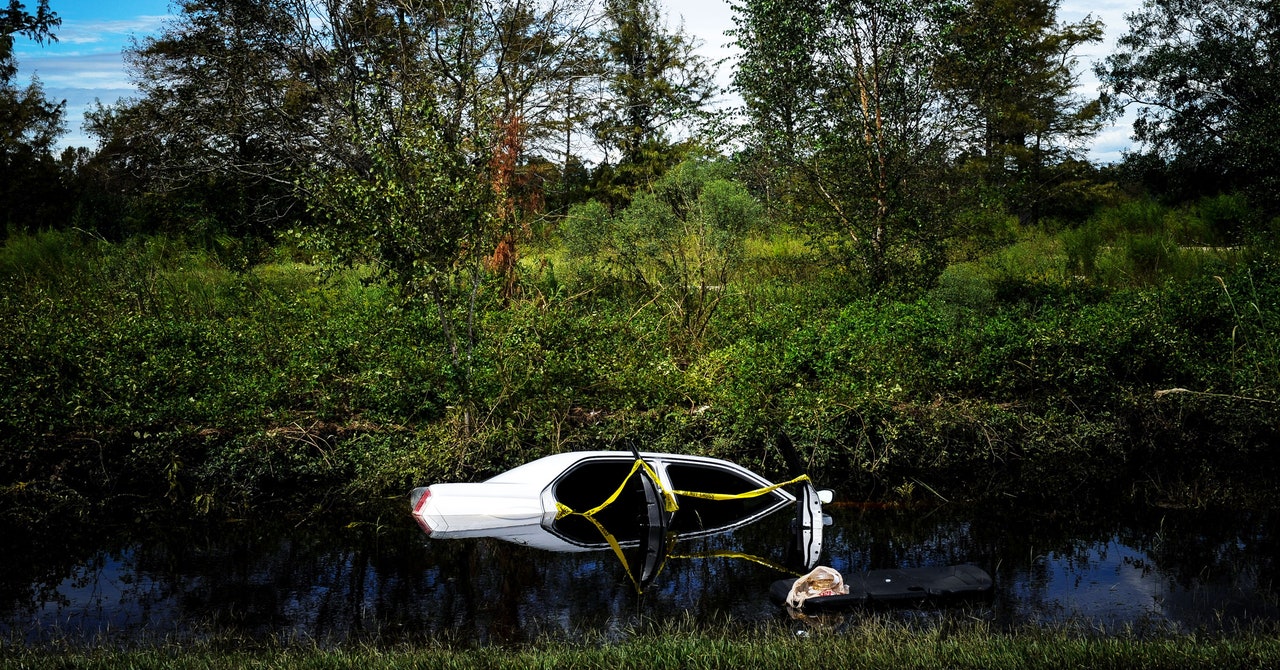Climate scientists are predicting that as many as 20 named hurricanes will develop in the Atlantic basin during the six-month season that officially begins on Monday. The prediction of a super-busy season comes from separate teams at Colorado State University, Pennsylvania State University, and AccuWeather and is based on sea surface temperatures in both the Atlantic and Pacific Oceans that help spawn these powerful tropical storms that threaten millions of US residents each year.
Michael Mann, author of the Penn State study, wrote in an email to WIRED that his team’s model indicates a “hyperactive” season. “The extreme current tropical Atlantic warmth is a key driver of our forecast,” he wrote, but added that other factors will contribute, including La Niña conditions, which are characterized by cooler water along the eastern tropical Pacific for several months at a time. This weakens high-level winds across the Atlantic, which allows hurricanes to grow in frequency and strength. “That’s the same combination of factors, incidentally, that was behind the record 2005 season (with 27 named storms),” he wrote. That’s the year that Hurricane Katrina pummeled New Orleans and was one of four storms to reach Category 5 levels.
Meanwhile, a separate group of National Oceanic and Atmospheric Administration researchers published data this week showing that hurricanes have gotten stronger over the past 40 years, fueled by warmer air and warmer water temperatures driven by global climate change. NOAA officials will release their hurricane forecast today and will be joined at a press conference by officials from the Federal Emergency Management Administration to talk about how they plan to handle evacuations and rescues while obeying social distancing restrictions.
Every hurricane season is tough, but this year, emergency experts worry that many vulnerable residents may ignore evacuation orders because of fears of contracting the coronavirus in a crowded shelter. They also are concerned that trust in elected officials who give these evacuation orders may have taken a hit over the Covid-19 pandemic, making it harder to get people to move out of harm’s way.
“Millions of families are in a different place than where they were 60 days ago,” says Trevor Riggen, senior vice president of disaster services for the American Red Cross, referring to the financial and emotional toll of the pandemic. “They need to ask themselves, ‘What should we change in our emergency plan, and who do we listen to?’ People need to adapt to a much different world. We don’t want a natural disaster to be the thing that crashes down on them.”
Getting vulnerable people to leave an area has always been difficult. Some coastal residents refuse to leave because they fear looters. Others may feel that they’ve successfully ridden out previous storms, and still others may not have anywhere to go or enough money to rent a hotel for an extended period.
The double-whammy of a powerful hurricane and a highly contagious viral outbreak has thrown emergency planners a curve. They are figuring out alternatives to shelters, ways to quickly move volunteers into a disaster zone without using commerci

